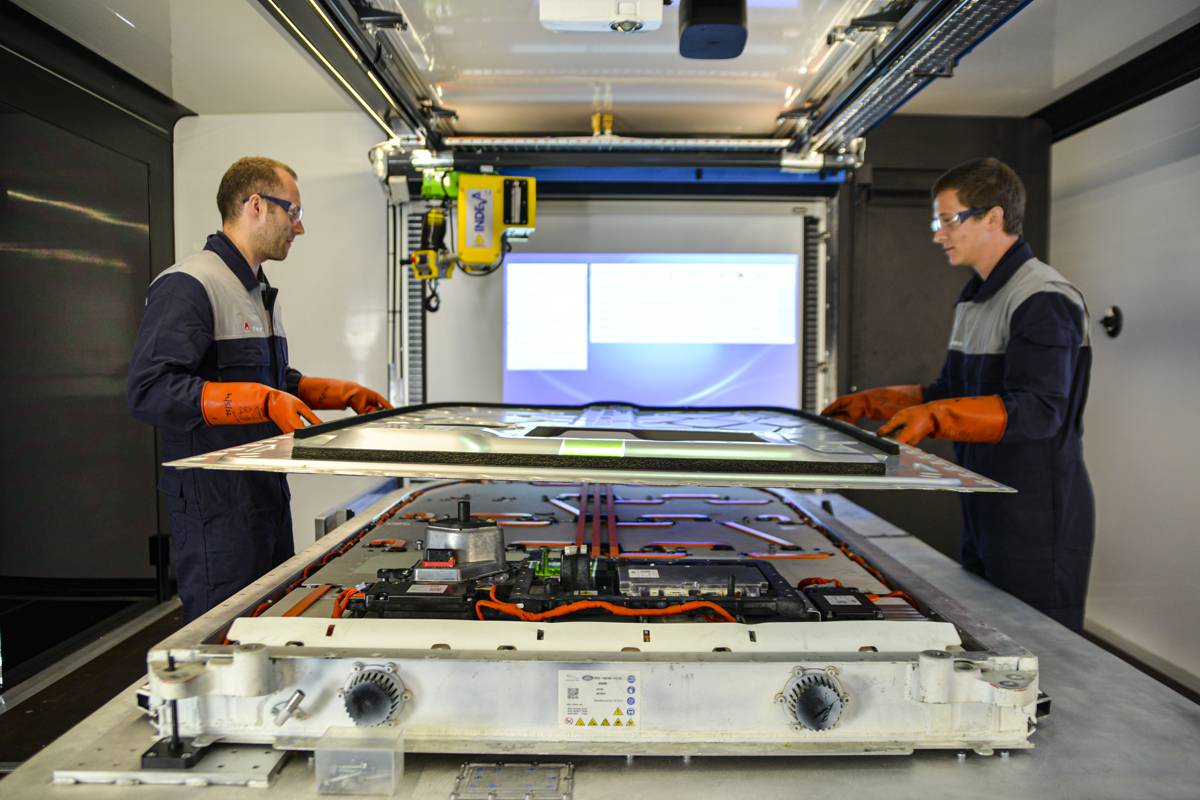Scope sees slower growth, rising costs and challenges for construction in Europe
Europe’s construction sector faces modest revenue growth and mostly stable profit margins in 2019, but the credit outlook is in danger of deteriorating as the business cycle turns, particularly for smaller companies with less international reach. Scope Ratings says slowing economic growth and persistent labour shortages are set to weigh on construction activity in Europe after six years of growth. Scope has revised its forecast for 2019 and 2020 down to 2.0% yearly growth from our 2.5% forecast in December 2017.
“Stable demand for residential construction – supported by demographic trends, increased household income and low mortgage rates – faces capacity constraints in some regions, relatively high construction costs as well as the prospect of rising lending rates longer term,” says Philipp Wass.
“In contrast, civil-engineering activity remains buoyant and we see an increase in non-residential output given stock under development is still below the 10-year average for Europe’s major markets,” says Wass. Demand for office space for most of Europe’s major cities remains robust, he says.
For the largest companies in the sector, namely those that have diversified beyond their home markets and have prominent positions in civil engineering and concessions, the outlook is relatively stable. The biggest companies by revenue – such as France’s Vinci SA, the Spanish-German tandem ACS-Hochtief and Sweden’s Skanska AB – will benefit from Europe’s continued low interest rates, their exposure to other higher-growth markets, responsible for more than half of sales in some cases, and higher-margin, government-backed projects.
“We expect growth in the proportion of their non-European revenues in 2019 and 2020 compared with 2014-17, partly reflecting significant outbound M&A activity in the past year,” says Wass. Hochtief AG and Atlantia SpA acquired Abertis in a joint €16.5bn deal. France’s Bouygues SA acquired ALPIQ for CHF 0.9bn, while local rival Eiffage SA acquired Meccoli, Kropman Group and EDS.
On the other hand, cash flow is likely to come under pressure: Increased capital spending and more deal-making by larger firms; rising labour costs for the overall sector. Tight labour markets, notably in Germany and the UK, are pushing up wages especially in hiring sub-contractors. Where labour markets are less stretched, much of the available workforce is unskilled – as it is in France, Spain and Poland – making it hard for companies to improve productivity.
Rising construction costs are problematic in the residential segment. Combined with relatively low housing prices and rents in the suburbs compared with more sought-after central metropolitan locations, they are discouraging developers from going ahead with new projects despite pent-up demand.
In these circumstances, the credit outlook is less benign for smaller firms, typically those with revenue below €1bn. They face tougher competition from multinational corporations in home markets – especially in sourcing skilled employees, which hampers their ability to respond to changing market conditions – and lack exposure to higher-growth markets outside Europe. Should the downturn prove severe, smaller companies will become prey for larger construction firms.















